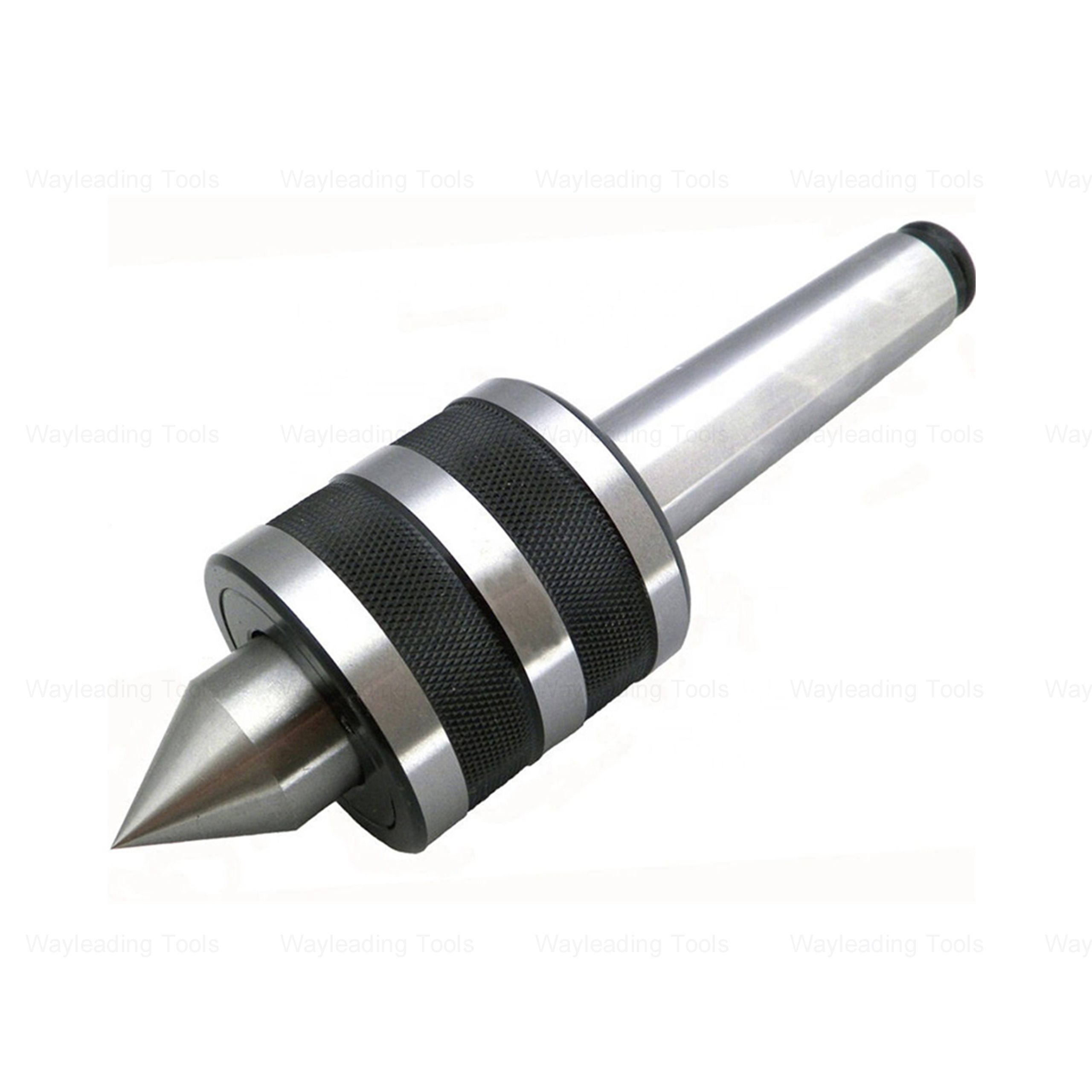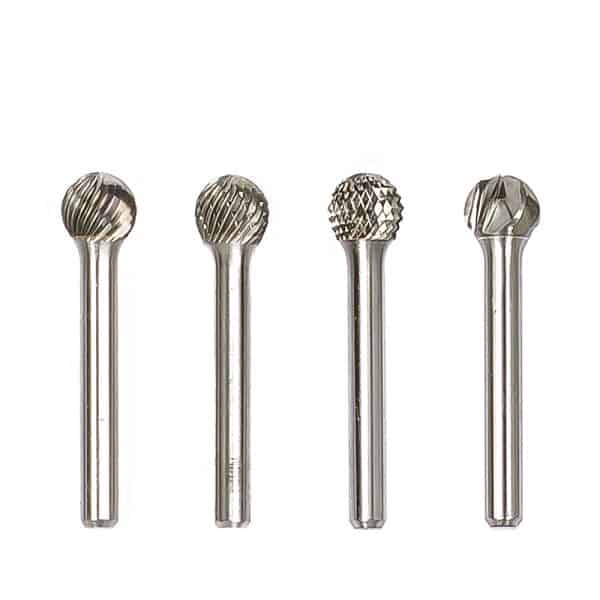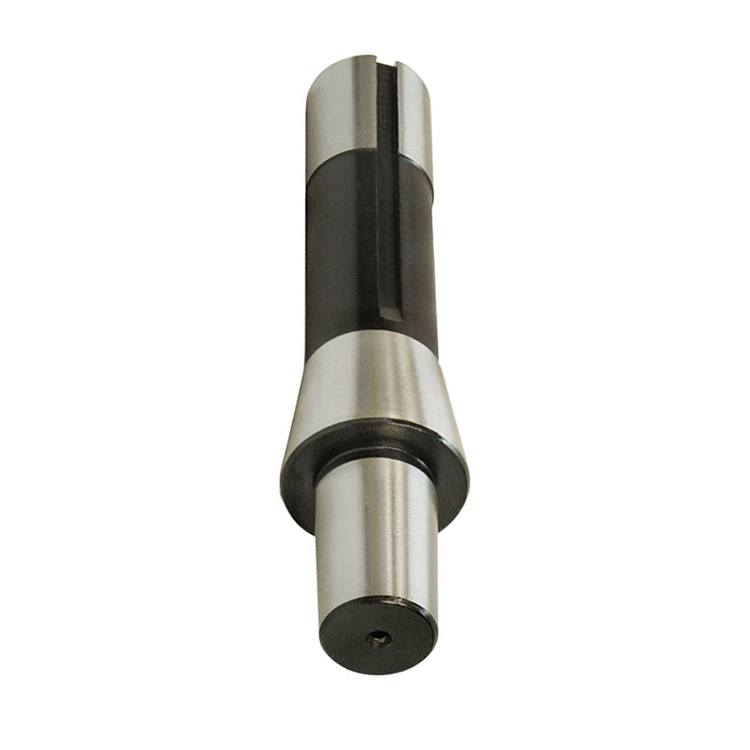parting and grooving insert Factories
Discover the top parting and grooving insert factories, essential for precision machining. This guide explores key factors like insert materials, coating technologies, manufacturing capabilities, and quality control, providing insights into selecting the best supplier for your specific needs.
Understanding Parting and Grooving Inserts
Parting and grooving inserts are indispensable tools in machining operations. They are used to cut off a workpiece from a larger piece of material (parting) or to create grooves of specific dimensions on a component (grooving). The effectiveness of these inserts is directly related to their manufacturing quality and the materials used.
Materials Used in Parting and Grooving Inserts
The choice of material significantly affects the performance and lifespan of parting and grooving inserts. Common materials include:
- Carbide: Offers excellent wear resistance and high-temperature performance. Suitable for a wide range of materials.
- High-Speed Steel (HSS): More affordable but less wear-resistant than carbide. Ideal for lower-speed machining of softer materials.
- Ceramics: Provide exceptional hardness and heat resistance for high-speed machining of hardened materials.
- Cermet: Combines the properties of ceramics and metals, offering a good balance of wear resistance and toughness.
Coating Technologies
Coatings enhance the performance of parting and grooving inserts by reducing friction, increasing wear resistance, and improving heat dissipation. Popular coatings include:
- Titanium Nitride (TiN): A general-purpose coating that improves wear resistance.
- Titanium Carbonitride (TiCN): Offers higher hardness and wear resistance than TiN.
- Aluminum Titanium Nitride (AlTiN): Provides excellent heat resistance and is suitable for high-speed machining.
- Diamond-Like Carbon (DLC): Reduces friction and improves surface finish, ideal for non-ferrous materials.
Key Factors to Consider When Choosing a Factory
Selecting the right parting and grooving insert factory is crucial for ensuring the quality and performance of your machining operations. Here are some key factors to consider:
Manufacturing Capabilities
Assess the factory's manufacturing capabilities, including:
- Production Capacity: Can the factory meet your volume requirements?
- Equipment and Technology: Does the factory use advanced CNC machines and quality control equipment?
- Customization Options: Can the factory produce custom inserts tailored to your specific needs?
Quality Control Procedures
Stringent quality control is essential for ensuring the consistency and reliability of parting and grooving inserts. Look for factories with:
- ISO Certification: ISO 9001 certification indicates a commitment to quality management.
- Dimensional Accuracy Testing: Using coordinate measuring machines (CMMs) to verify dimensions.
- Material Testing: Ensuring the correct material composition and hardness.
- Coating Quality Inspection: Checking the thickness and adhesion of coatings.
Material Traceability
Request information about the origin and traceability of the materials used in the inserts. This ensures the factory is using high-quality, certified materials.
Lead Times and Delivery
Consider the factory's lead times and delivery capabilities, especially if you have tight deadlines. Inquire about their inventory management and shipping options.
Pricing and Payment Terms
Compare pricing from different factories and negotiate favorable payment terms. Consider the total cost of ownership, including tooling costs, downtime, and insert life.
Top Parting and Grooving Insert Factories
While specific factory recommendations can vary based on evolving market conditions and individual project requirements, here are some general categories of reputable manufacturers and suppliers to consider:
Large International Manufacturers
Companies like Sandvik Coromant, Iscar, and Kennametal are well-established leaders in the cutting tool industry. They offer a wide range of parting and grooving inserts with advanced features and global support. However, their pricing may be higher than smaller factories.
Specialized Insert Manufacturers
Some factories specialize in producing parting and grooving inserts for specific industries or applications. These manufacturers may offer more tailored solutions and competitive pricing.
Asian Manufacturers
Many Asian manufacturers, particularly in China and Taiwan, offer cost-effective parting and grooving inserts. It's crucial to carefully vet these factories to ensure they meet your quality standards. Consider working with established suppliers like Wayleading Tools, known for their reliable quality and competitive pricing in cutting tools.
Evaluating Factories: A Practical Approach
Here's a practical approach to evaluating potential parting and grooving insert factories:
- Identify Potential Factories: Use online directories, industry publications, and referrals to create a list of potential factories.
- Request Quotes: Send detailed specifications and drawings to multiple factories and request quotes.
- Evaluate Samples: Request samples of their parting and grooving inserts for testing.
- Visit Factories (If Possible): If feasible, visit the factories to assess their manufacturing capabilities and quality control procedures firsthand.
- Check References: Contact previous customers to inquire about their experience with the factory.
- Negotiate Terms: Negotiate pricing, payment terms, and delivery schedules.
- Establish a Quality Agreement: Create a formal agreement outlining quality standards and acceptance criteria.
Real-World Example
Let's consider a scenario: A machine shop needs parting and grooving inserts for machining stainless steel components. They identify three potential factories:
| Factory | Material | Coating | Price per Insert | Lead Time |
|---|---|---|---|---|
| Factory A | Carbide | AlTiN | $15 | 4 weeks |
| Factory B | Carbide | TiCN | $12 | 3 weeks |
| Factory C | Cermet | Uncoated | $10 | 2 weeks |
After evaluating samples, the machine shop finds that Factory A's inserts provide the best performance and tool life for their stainless steel application, justifying the higher price.
Conclusion
Selecting the right parting and grooving insert factory requires careful consideration of manufacturing capabilities, quality control procedures, and pricing. By following the steps outlined in this guide, you can find a reliable supplier that meets your specific needs and ensures the success of your machining operations.
Related products
Related products
Best selling products
Best selling products-
 APKT Milling Insert For Indexable Milling Cutter
APKT Milling Insert For Indexable Milling Cutter -
 HSS Keyway Broach With Metric And Inch Size, Push Type
HSS Keyway Broach With Metric And Inch Size, Push Type -
 Adjustable Tap And Reamer Wrench For Thread Cutting Tools
Adjustable Tap And Reamer Wrench For Thread Cutting Tools -
 Depth Vernier Gauge With Stainless Steel And Monoblock Depth Type
Depth Vernier Gauge With Stainless Steel And Monoblock Depth Type -
 5C Hex Collet With Inch and Metric Size
5C Hex Collet With Inch and Metric Size -
 HSS Annular Cutters With Weldon Shank For Metal Cutting
HSS Annular Cutters With Weldon Shank For Metal Cutting -
 CNMG & CNMM Turning Insert For Indexable Turning Tool Holder
CNMG & CNMM Turning Insert For Indexable Turning Tool Holder -
 Precision Dial Caliper Of Double Shock-Proof For Industrial
Precision Dial Caliper Of Double Shock-Proof For Industrial -
 High Precision Medium-Duty Live Center – Hardened Tip, Morse Taper Shank
High Precision Medium-Duty Live Center – Hardened Tip, Morse Taper Shank -
 HSS Metric & Inch Woodruff Keyseat Cutter With Straight Or staggered Teeth
HSS Metric & Inch Woodruff Keyseat Cutter With Straight Or staggered Teeth -
 Type D Ball Tungsten Carbide Rotary Burr
Type D Ball Tungsten Carbide Rotary Burr -
 Dial Bore Guage From 6-450mm Range
Dial Bore Guage From 6-450mm Range
Related search
Related search- Wholesale MSRN turning tool holder
- MVVNN turning tool holder
- Conical Drill Bit Supplier
- Carbide Tipped Hole Cutter Factories
- High-Quality sn indexable thread turning tool
- TR threading insert Manufacturers
- parting and grooving insert Factory
- Wholesale lathe tooling kit
- SDJC turning tool holder Factories
- Wholesale apmt insert









